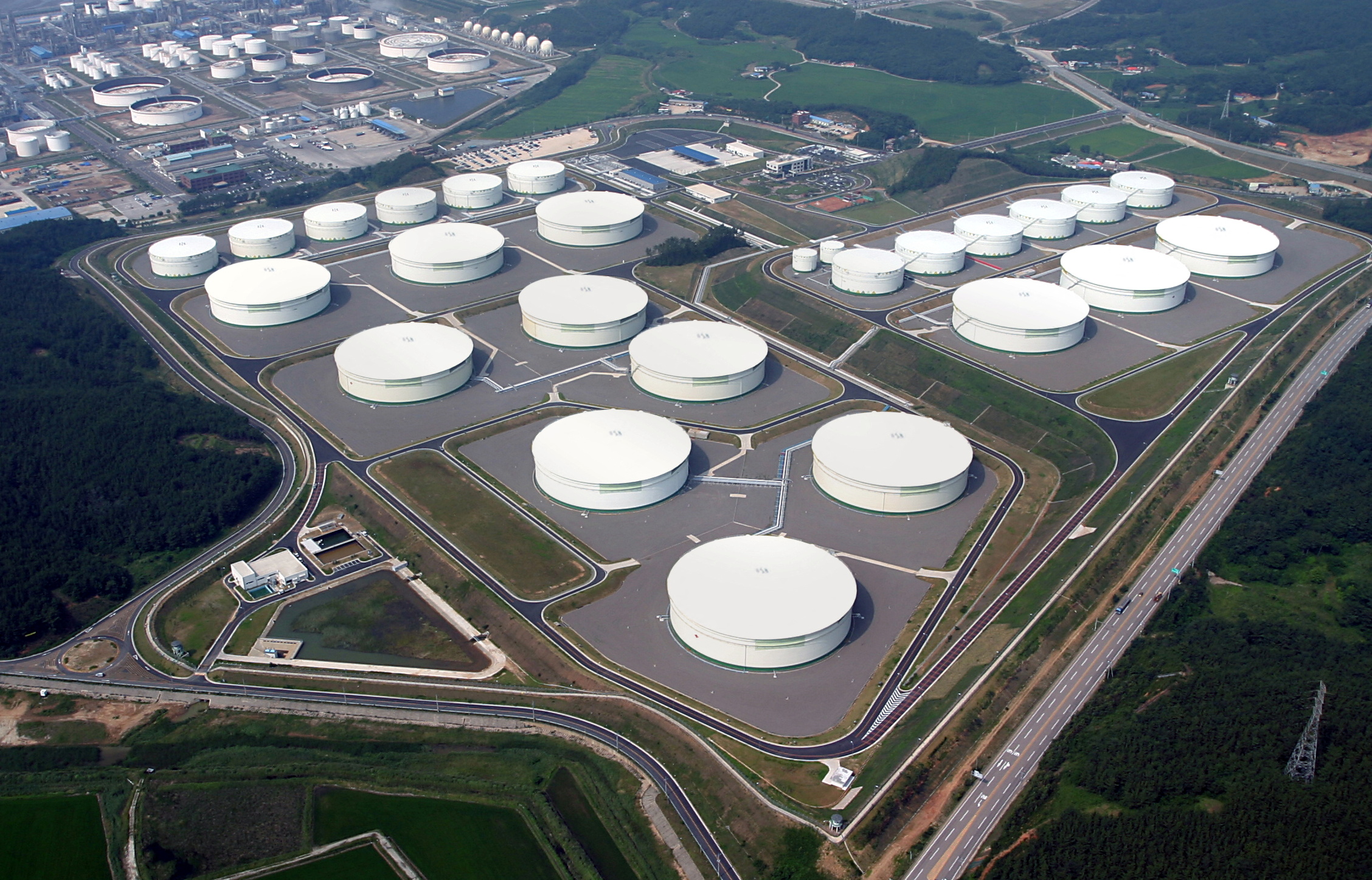
18 Jun Oil slumps 6% to four-week low on recession worries, strong dollar
Oil prices tumbled about 6% to a four-week low on Friday on worries that interest rate hikes by major central banks could slow the global economy and cut demand for energy.
Also pressuring prices, the U.S. dollar this week rose to its highest level since December 2002 against a basket of currencies, making oil more expensive for buyers using other currencies.
Brent futures fell $6.69, or 5.6%, to settle at $113.12 a barrel, while U.S. West Texas Intermediate (WTI) crude fell $8.03, or 6.8%, to settle at $109.56.
That was the lowest close for Brent since May 20 and the lowest for WTI since May 12. It was also the biggest daily percentage decline for Brent since early May and the biggest for WTI since late March.
For the week, Brent futures declined for the first time in five weeks, while WTI dropped for the first time in eight weeks.
There will be no U.S. trading on Monday, the Juneteenth holiday.
Global central bankers who quickly loosened monetary policy during the pandemic to avoid a recession, are now tightening to fight inflation.
The Federal Reserve this week hiked U.S. rates by the most in more than a quarter of a century.
With the Fed expected to keep raising interest rates, open interest in WTI futures on the New York Mercantile Exchange fell on Thursday to its lowest level since May 2016 as investors cut back on risky assets.
U.S. gasoline and diesel futures also slid over 4% on worries high pump prices will reduce demand.
Even as his administration wants Saudi Arabia to produce more oil, Biden said he was not going to have a bilateral meeting with Saudi Arabia’s de facto leader Mohammed bin Salman during his trip to the region next month, and that he was only seeing the Saudi crown prince as part of a broader “international meeting.”
Russia, meanwhile, expects its oil exports to increase in 2022 despite Western sanctions and a European embargo, the Russian deputy energy minister said on Friday, according to Tass news agency.
The market’s turbulence has certainly increased since Russia invaded Ukraine on Feb. 24.


Sorry, the comment form is closed at this time.